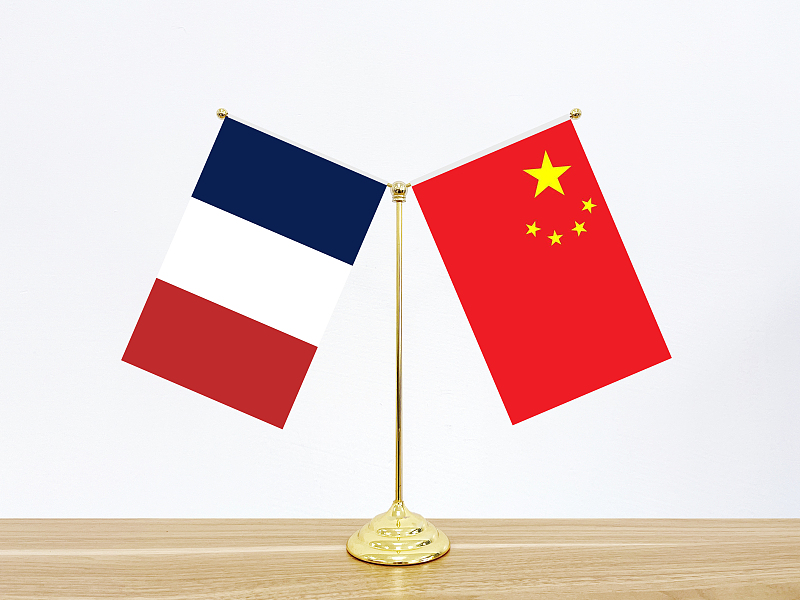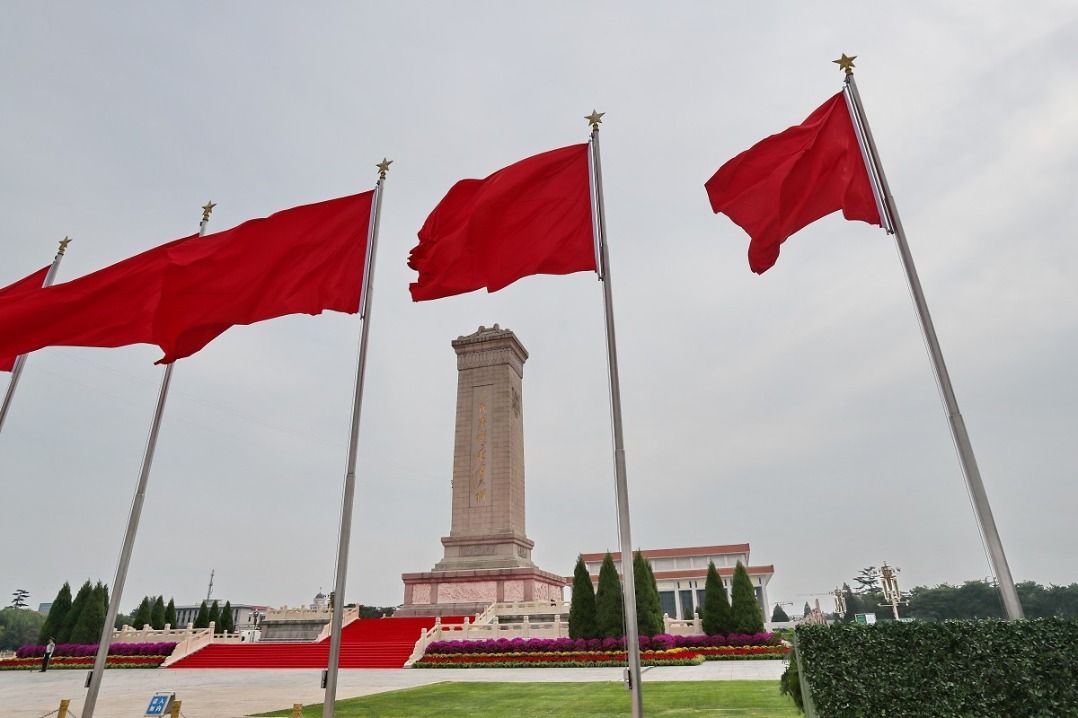For an innovative France-China partnership


This year, France and China celebrate the 60th anniversary of the establishment of their diplomatic relations. In a rapidly changing global environment, the connection between the two countries has evolved into a dynamic partnership marked by historical collaborations, shared economic interests, and a common quest for strategic independence.
As we navigate the intricacies of a multipolar world, it is imperative that these two ancient nations do not only build on their existing cooperation but also pioneer innovative avenues that will propel their bilateral exchanges to new and meaningful heights.
Over the past decades, the two countries have developed a robust foundation of collaboration in areas such as trade, finance, technology, science, culture and international relations. The bilateral relationship has weathered major geopolitical transformations, economic crises and global challenges, demonstrating its resilience and unique potential.
The economic ties between France and China have flourished, making them integral players in each other's economic landscapes. According to data from the French National Institute of Statistics, China-France trade in goods in 2022 exceeded the €100 billion ($108.56 billion) mark for the first time.
However, as economic powerhouses, both countries have much to gain from fostering deeper cooperation. A true innovative spirit should be harnessed to create novel economic opportunities that go beyond traditional sectors. Embracing emerging technologies, sustainable development and green initiatives can lay the groundwork for forward-thinking economic synergies.
Besides, France and China are cultural powers that have consistently engaged in cultural exchanges that celebrate diversity and the effort for better mutual understanding. While continuing these exchanges is crucial, a creative approach would involve leveraging technology to enhance cultural collaboration. Virtual reality, augmented reality and other cutting-edge tools can bridge the physical divide, allowing people from both countries to experience each other's rich cultural contexts in unprecedented ways.
This not only fosters cultural appreciation but also opens up new avenues for artistic expression and collaboration. As the China-Europe-America Museums Cooperation Initiative demonstrates, museums in particular can become leading platforms to deepen people to people exchange.
Scientific and technological cooperation between France and China has been a cornerstone of their relationship. From aerospace and nuclear industry to renewable energy, the two countries have made significant strides in joint research and development. The next frontier in their collaboration lies in embracing emerging technologies such as artificial intelligence, applications of quantum physics, biotechnology and neuroscience. By investing in joint innovation hubs and research centers, France and China can pool their intellectual resources and talent to address global challenges and contribute to the advancement of mankind.
Environmental sustainability is an urgent global concern, and both countries have expressed their commitment to combating climate change. The traditional cooperation in renewable energy and environmental protection should be expanded to include joint ventures in sustainable urban development, eco-friendly technologies and green infrastructure.
Research on nuclear fusion is also of the utmost importance. Should they know how to combine their strengths in the knowledge economy, France and China would emerge as leaders in the global effort to build a sustainable future.
In the realm of international relations, Franco-Chinese synergies are increasingly crucial. As the world undergoes profound geopolitical shifts, the two countries, which are permanent members of the UN Security Council, must work together to promote stability, peace and dialogue. Innovative diplomatic approaches, such as digital diplomacy and joint initiatives to address global challenges such as public health crises and cybersecurity threats, can solidify their roles as responsible global stakeholders. France and China should, among other policies, coordinate their approach toward the African continent whose population will reach 2.5 billion by 2050 according to some UN projections.
Education remains the bedrock of progress, and the two countries have highly successful academic institutions. To further strengthen their ties, they should explore innovative educational collaborations, such as joint research programs, ambitious student exchange initiatives, and the development of interdisciplinary courses that prepare the next generation for meeting the challenges of the future.
While pushing ahead inspired by an innovative mindset, it is crucial for France and China to be mindful of preserving their cultural identities and their humanistic values. A harmonious blend of tradition and progress can create a unique and powerful partnership that serves as a reference for international cooperation, and introduces to new forms of globalization.
Obviously, the 60th anniversary of diplomatic relations offers an opportunity to redefine the contours of the Franco-Chinese partnership. By looking at innovation and creativity across economic, cultural, scientific and diplomatic spheres, the two sides can deepen their cooperation as well as contribute to shaping a more harmonious and prosperous world. Their collaborative innovation will not only strengthen their bilateral ties but also inspire the global community to aspire for a future marked by cohesiveness, sustainable progress and shared prosperity.
The author is the founder of the China-Europe-America Global Initiative.
The views don't necessarily reflect those of China Daily.
If you have a specific expertise, or would like to share your thought about our stories, then send us your writings at [email protected], and [email protected].
































